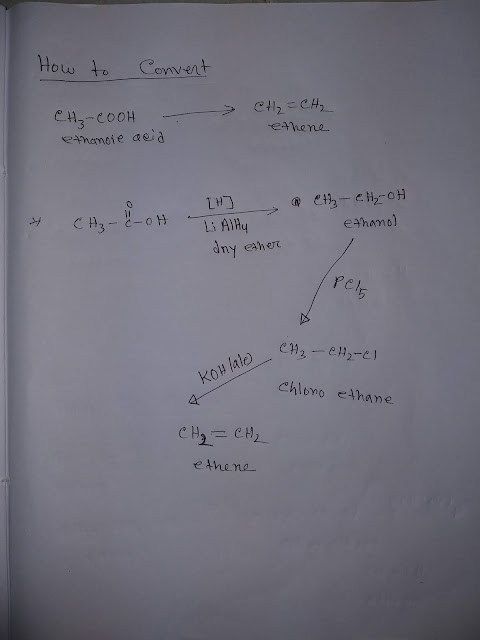What is Chemistry?|What is matter?|What is matter made up of||Proton,Electron,Neutron,Atom
What is Chemistry?
Answer:
Chemistry is an important brance of science.Chemistry is everywhere.The presence of Chemistry can be seen around us.Your rice,your clothes,your table are full of chemistry.You can't imagine a single day without Chemistry.
Chemistry discuss the matter and its characteristics and It explains why atoms combines with each other.
You can say chemistry is the mother of science.
What is matter?
 |
| What is Matter? |
Well, to understand chemistry, we have to have knowledge about matter. Do you know your body is matter,your table is matter and your chair is matter.
Actually,the matter is that substance that has mass, volume and occupy space.
If you divide matter,you will get electron,proton and neuton.This particle is not visible in a naked eye.
Read More:States of Matter
What is matter made up of?
Answer:
Matter is made up of particles.There are two types of particles.The first one is permanent particle that are stable and the second one is transient particle that are unstable.
The permanent particle are electron ,proton and neutron.
What is Atom?
Answer:You can say that an atom is the smallest form of a chemical particle that holds or retains the
properties of the particle.
The word 'atom' comes from the Greek word 'atomos', meaning 'unable to be cut'. The original meaning of atom was the smallest, indivisible form of a chemical particle.
Now we know how to divide
atoms into sub-atomic particles, the definition of an atom includes the concept that the particle must retain its chemical properties.
What is ATOM?
The definition of Atom is that it is the smallest invisible particle of element,having all the characteristics of the parent element, which can neither be created nor
destroyed by any chemical change.
It cannot exist freely. It is the ultimate
particle of an element, which may or may not have independent existence.
There are some atoms of certain elements such as hydrogen, oxygen, nitrogen,etc. which do not have independent existence where as atoms of helium, neon,argon, etc. do have independent existence.
All elements are composed of
atoms.
Fundamental particles of an atom
Almost the atoms of all elements are made up of three main particles known
as fundamental particles. They are electrons, protons and neutrons.
Hydrogen is the only element that do not have neutron.
What is proton?
1.The proton is a positively charged particle.
2.It has unit positive charge and unit mass.
The mass of proton is approximately equal to the mass of one hydrogen atom. It is equal to1.00732 amu.
3.The proton is present in atoms of all the elements.
4. The protons are present inside the nucleus of an atom.
What is electron?
1. The electron is a negatively charged particle.
2. It has unit negative charge and negligible mass.
3. The mass of and electron is about 1/1837 of mass of a hydrogen atom.
4. Electrons are present in all the atoms.
5. Electrons are revolving around the nucleus in various circular orbits (shell).
Next
What is neutron?
1. The neutron is a neutral particle. Hence, it has no charge.
2. It has unit mass. The neutron is present in atoms of all elements except hydrogen.
The mass of a neutron is slightly greater than the mass of a proton. It is equal to 1.00871 amu.
3. Neutron is present inside the nucleus of an atom.
Read More: Mass Number, Isotopr,,Isobar







Comments
Post a Comment